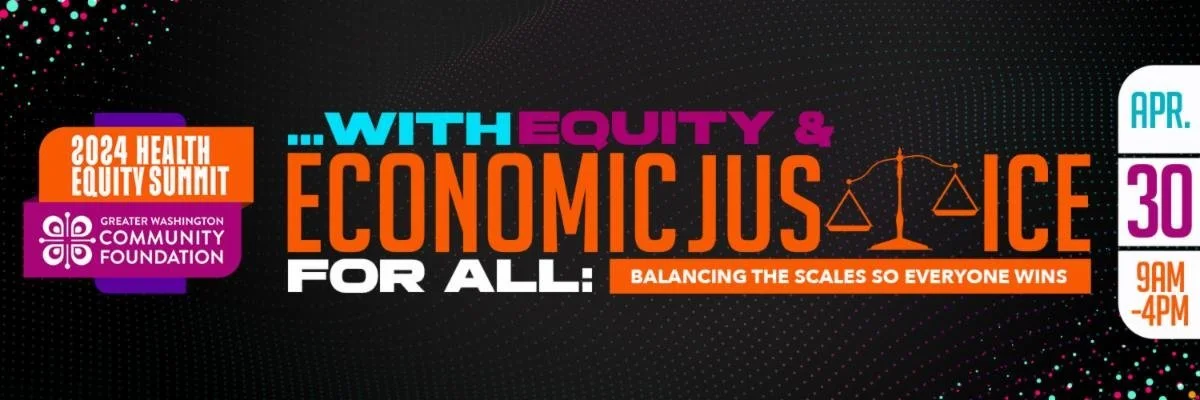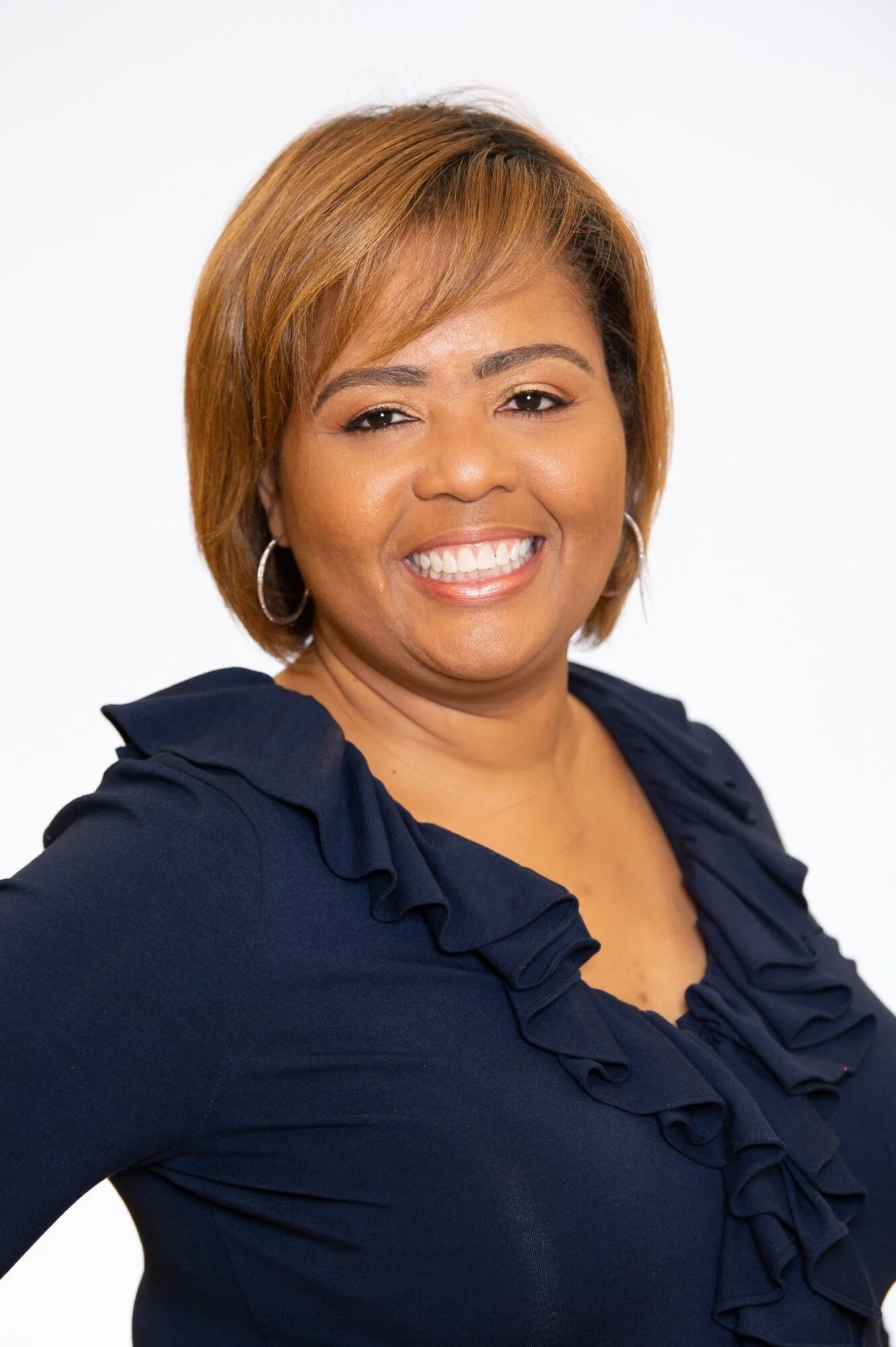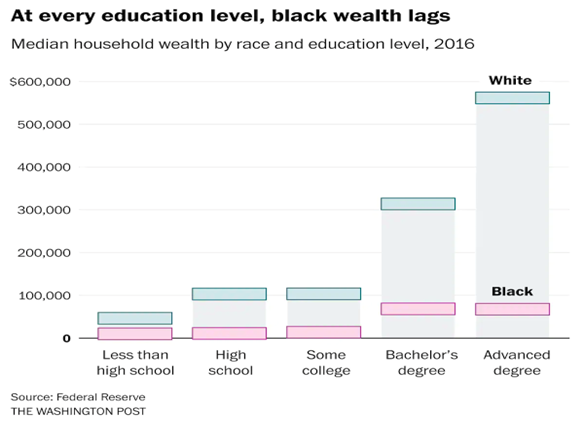Economic Justice for All
On Tuesday, April 30, The Community Foundation is hosting the 2024 Health Equity Summit - With Equity & Economic Justice For All at Riverside Church. Click here to Register!
Editor’s Note: In this guest post, Dr. Marla Dean, Senior Director of the Health Equity Fund shares her point of view on what health equity for all means to her and why it’s important for funders and community partners to come together on this issue.
I purchased a home in Ward 7 in the Southeast quadrant of the city. When my husband and I decided it was time to buy this home, we wanted a neighborhood that reminded us of the places where we were born and nurtured. I grew up in Detroit, the home of the automobile, unions, Motown, Aretha Franklin, and Kem. My husband grew up in Roosevelt, NY., the home of Dr. J, Eddie Murphy, Howard Stern and Public Enemy. We grew up in communities rich with culture, the arts, and radical political thought. We were excited about our predominately African American, East of the River neighborhood. Our neighborhood boasts beautiful, single-family brick homes, many with attached garages, large front and back yards, and sprawling hills. Except for the hills, it is just like the places we grew up.
When we moved to our community, I had no idea that we were not only moving east of the Anacostia River but we were moving to what so many deemed “the other side of the tracks.” This experience was not new to us because my husband came from a small section of Long Island in the ultra-wealthy New York City suburbs that most people avoid. And Detroit has always been a place thought of as persistently dangerous and abysmally poor.
While I love my neighborhood, over time I came to understand the history of structural racism in DC and how it impacts our daily lives. A history of redlining, school segregation and lack of home rule has resulted in vast inequities between the eight wards. Some impacts are trivial. When my son, Aaron, now a graduate of Morehouse College, was in high school wanting to date a young lady from another part of town, her father told me he was very concerned about his daughter dating someone from Southeast DC. Others have more far-reaching implications, like the impact of concentrated poverty on a community’s safety, hopes and dreams, the experience of food deserts, or the fact that so many of our school-age children leave their communities daily, heading north and west in search of a “quality” education.
Can you imagine the effects of having to spend years leaving your own community because you are consistently told that your own community cannot educate you well, or the loss of social connectedness to family, friends, and neighbors because you are spending hours in a day traveling to and from school? As one person said in a recent community listening session, “As a Black woman . . . I see that our network is not as strong as it used to be in the city. I was here for Chocolate City. But I just don't know what is happening and what has happened to us as a people in DC, my Black people.” These are the social impacts but there are economic impacts too.
By now, many of us have heard the statistic that the Greater Washington DC Region has a racial wealth gap of 81:1 white to Black. But did you know that this racial wealth gap increases exponentially as one’s level of educational attainment increases? (Long, 2020)
Can you imagine a world where the higher the education level you reach, the wider that wealth gap becomes between you and your white peers? This is because my community experiences lower assessed home values, greater student loan and other debt, and significantly lower wages. Can you imagine being a child watching all of this at play and coming to the realization that education is not the great equalizer. As another community member said in one of our listening sessions, “I think one of the things that's really contributing to the crime is gentrification. Because we're seeing all these extravagant buildings that nobody can afford.” Imagine looking around you and seeing great wealth but also knowing you will never experience its benefits. So, our pursuit for economic justice for all can only be realized when we all experience real equity and true liberation.
For more information about the Black-White Economic divide, please read
Heather Long’s article, “The Black-White Economic Divide Is as Wide as It Was in 1968.” Washington Post, 4 June 2020, www.washingtonpost.com/business/2020/06/04/economic-divide-black-households/.




